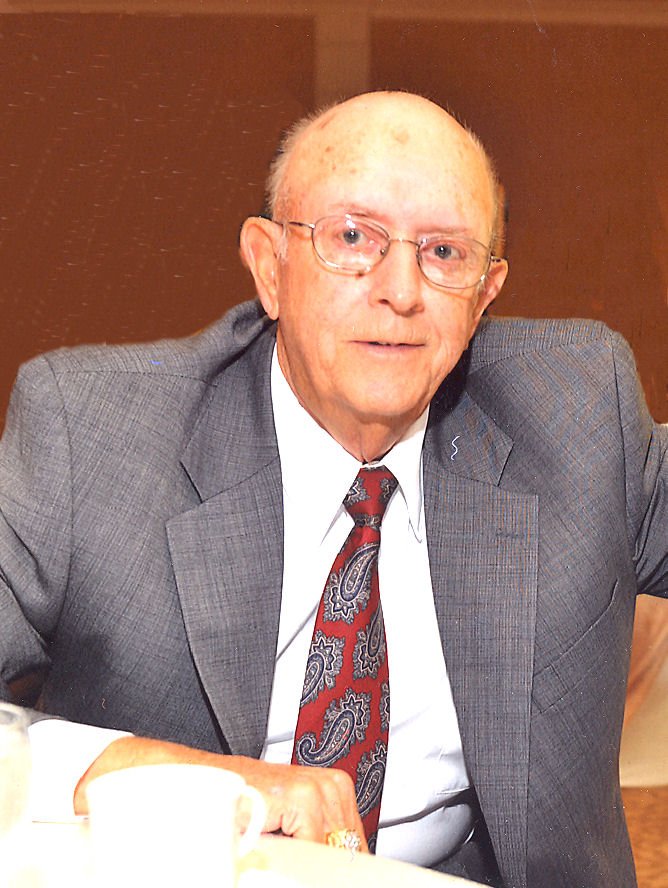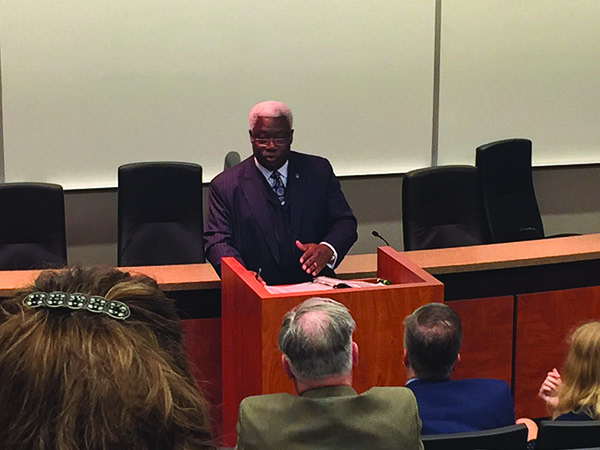
Blatchford, who became a lifelong legal and political associate. Seward's fellow students included Richard M. Admitted to the sophomore class, Seward was an outstanding student and was elected to Phi Beta Kappa. Īt the age of 15, Henry-he was known by his middle name as a boy-was sent to Union College in Schenectady, New York. In later years, one of the former family slaves would relate that instead of running away from school to go home, Seward would run away from home to go to school.

He was a bright student who enjoyed his studies. Young Seward attended school there, and also in the nearby county seat of Goshen. Florida, located some 60 miles (100 km) north of New York City and west of the Hudson River, was a small rural village of perhaps a dozen homes. Samuel Seward was a wealthy landowner and slaveholder in New York State slavery was not fully abolished in the state until 1827. He was the fourth son of Samuel Sweezy Seward and his wife Mary (Jennings) Seward. Seward was born on May 16, 1801, in the small community of Florida, New York, in Orange County. His contemporary Carl Schurz described Seward as "one of those spirits who sometimes will go ahead of public opinion instead of tamely following its footprints". Seward remained in his post through the presidency of Andrew Johnson, during which he negotiated the Alaska Purchase in 1867 and supported Johnson during his impeachment. He was one of the targets of the 1865 assassination plot that killed Lincoln and was seriously wounded by conspirator Lewis Powell.

His firm stance against foreign intervention in the Civil War helped deter the United Kingdom and France from recognizing the independence of the Confederate States. Seward did his best to stop the southern states from seceding once that failed, he devoted himself wholeheartedly to the Union cause.

Although devastated by his loss, he campaigned for Lincoln, who appointed him Secretary of State after winning the election. Several factors, including attitudes to his vocal opposition to slavery, his support for immigrants and Catholics, and his association with editor and political boss Thurlow Weed, worked against him, and Abraham Lincoln secured the presidential nomination. As the 1860 presidential election approached, he was regarded as the leading candidate for the Republican nomination. He was re-elected to the Senate in 1855, and soon joined the nascent Republican Party, becoming one of its leading figures. Seward's strong stances and provocative words against slavery brought him hatred in the South. The legislation protected abolitionists, and he used his position to intervene in cases of freed black people who were enslaved in the South.Īfter many years of practicing law in Auburn, he was elected by the state legislature to the U.S. During this period, he signed several laws that advanced the rights of and opportunities for black residents, as well as guaranteeing jury trials for fugitive slaves in the state. Though he was not successful in that race, Seward was elected governor in 1838 and won a second two-year term in 1840. Four years later, he became the gubernatorial nominee of the Whig Party. Seward was elected to the New York State Senate in 1830 as an Anti-Mason.

He was educated as a lawyer and moved to the Central New York town of Auburn. Seward was born in 1801 in the village of Florida, in Orange County, New York, where his father was a farmer and owned slaves. He also negotiated the treaty for the United States to purchase the Alaska Territory. A determined opponent of the spread of slavery in the years leading up to the American Civil War, he was a prominent figure in the Republican Party in its formative years, and was praised for his work on behalf of the Union as Secretary of State during the Civil War. William Henry Seward ( / ˈ s uː ər d/ – October 10, 1872) was an American politician who served as United States Secretary of State from 1861 to 1869, and earlier served as governor of New York and as a United States Senator.


 0 kommentar(er)
0 kommentar(er)
